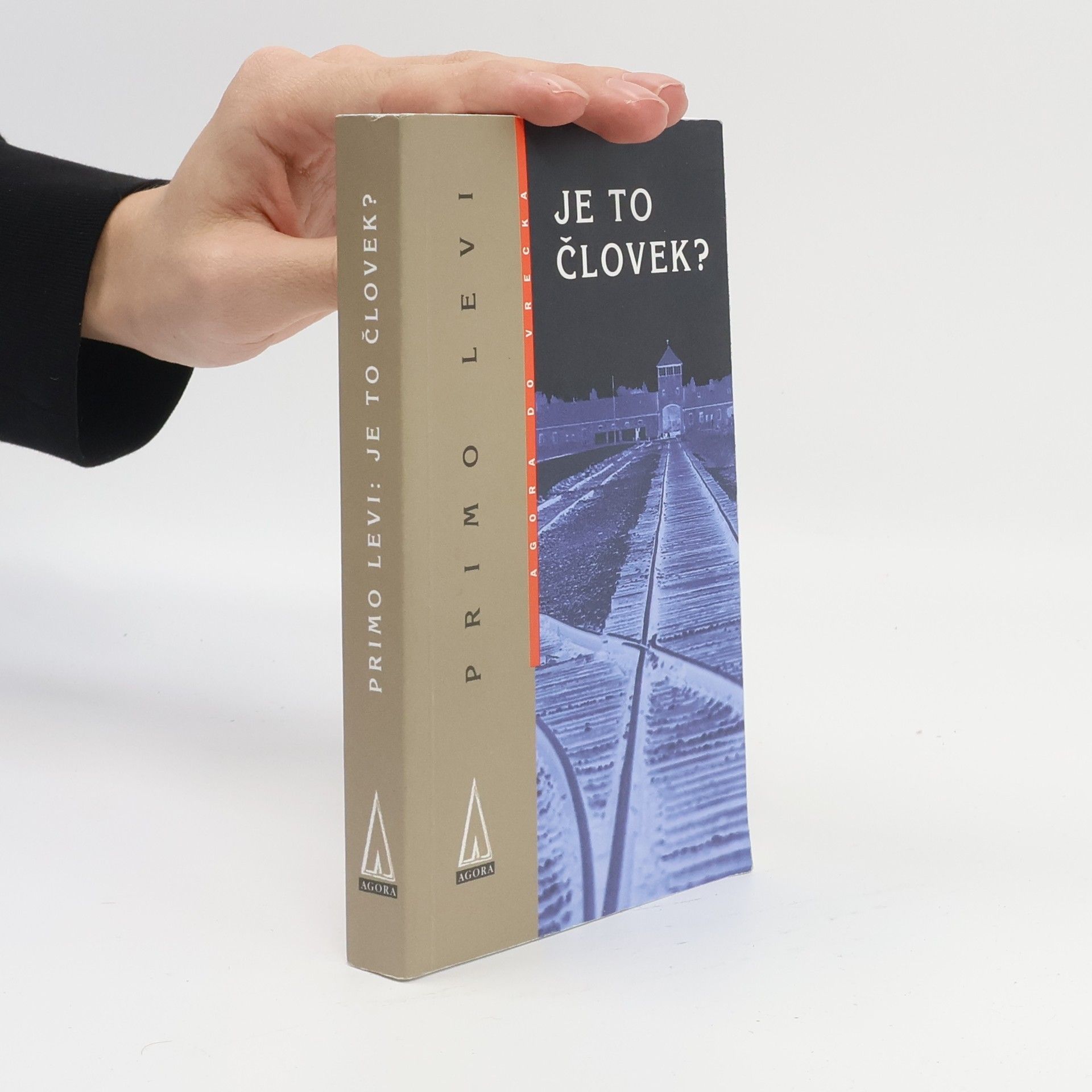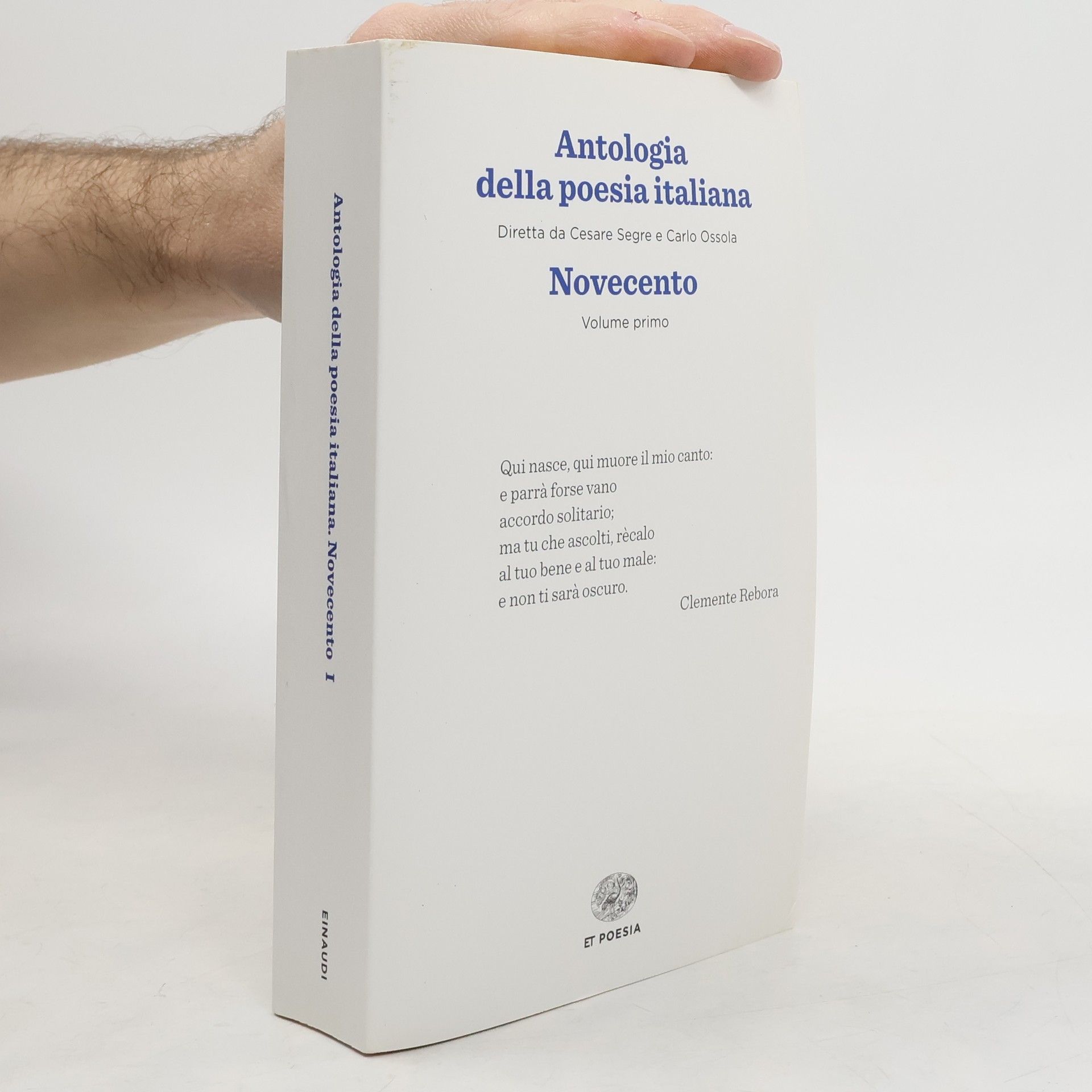Antologia della poesia italiana Novecento
- 670 stránok
- 24 hodin čítania
Tomo primo: Gozzano, i Crepuscolari, Lucini, Palazzeschi, Marinetti e il Futurismo, Rebora, Boine, Jahier, Campana, Sbarbaro, Onofri, Cardarelli, Saba, Ungaretti, Montale, Quasimodo, Penna, Pavese, Gatto, Sinisgalli, Betocchi, Bertolucci, Sereni, A. Pozzi, Caproni, Parronchi, Bigongiari. Tomo secondo: Luzi, Poesia in dialetto, Fortini, P. Levi, Pasolini, Orelli, Sinigaglia, Erba, A. Rosselli, Pagliarani, Sanguineti, Zanzotto, Giudici. Note filologiche e bio-bibliografiche, indice alfabetico degli autori, indice alfabetico delle opere, dei titoli e degli incipit.






